Stephan Oliva - Itineraire imaginaire (2004)
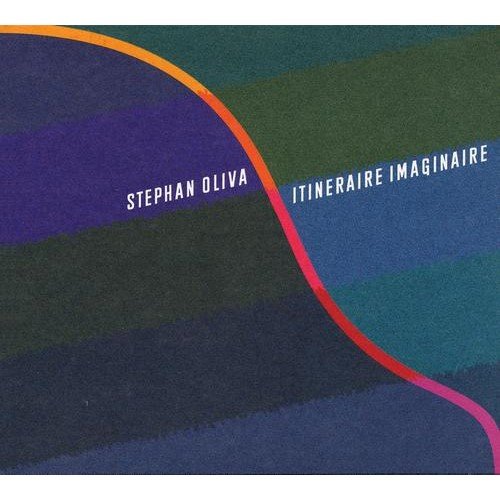
Artist: Stephan Oliva
Title: Itineraire imaginaire
Year Of Release: 2004
Label: Sketch
Genre: Jazz, Post-Bop, Modern Creative
Quality: FLAC (tracks+.cue, log, Artwork)
Total Time: 48:21
Total Size: 255 MB
WebSite: Album Preview
Tracklist: Title: Itineraire imaginaire
Year Of Release: 2004
Label: Sketch
Genre: Jazz, Post-Bop, Modern Creative
Quality: FLAC (tracks+.cue, log, Artwork)
Total Time: 48:21
Total Size: 255 MB
WebSite: Album Preview
01. Preface (2:28)
02. Marche antique (7:55)
03. Resonance d'un silence (1:43)
04. Spirales (4:37)
05. Cercle ouvert (2:44)
06. Partance immobile (2:01)
07. Cecile seule (4:19)
08. Mouvement interrompu (1:05)
09. Paradoxe (2:16)
10. Tango indigo (6:34)
11. Passage en marge (4:45)
12. Ellipse (5:43)
13. Postface (2:11)
Once again Sketch label owner and producer Philippe Ghielmetti shows his development as a producer of note; with a view to exposing the breadth of European improvised music, he is gaining a reputation not unlike ECM's Manfred Eicher in his ability to focus the musicians and derive challenging work that pushes the boundaries of contemporary form. Pianist Stephan Oliva, who in recent years has been concentrating his efforts on works of homage to artists including Lennie Tristano, Bill Evans and Paul Motian, delivers Itineraire Imaginaire , a programme of all original music for quintet that successfully combines elements of classical impressionism, abstraction and the avant garde into an intriguing and personal amalgam.
While compositional form looms large, there is still plenty of space for improvisation. The piano may carry the form, or the twin front line of clarinet and soprano sax, but over the long lines that often develop gradually there is always an emphasis on interpretation. There is a precision about Oliva's writing that is reminiscent of Louis Sclavis, especially in some of the contrapuntal melodies. Quirky, complex themes are juxtaposed with free segments, as is clearly the reference of "Paradoxe."
While compositional form looms large, there is still plenty of space for improvisation. The piano may carry the form, or the twin front line of clarinet and soprano sax, but over the long lines that often develop gradually there is always an emphasis on interpretation. There is a precision about Oliva's writing that is reminiscent of Louis Sclavis, especially in some of the contrapuntal melodies. Quirky, complex themes are juxtaposed with free segments, as is clearly the reference of "Paradoxe."

![Jon Henriksson, Pelle von Bülow, Rasmus Holm - Monkurt (2026) [Hi-Res] Jon Henriksson, Pelle von Bülow, Rasmus Holm - Monkurt (2026) [Hi-Res]](https://img.israbox.com/img/2026-02/15/ja2eavgnqk7dn4c3l9myzfk37.jpg)
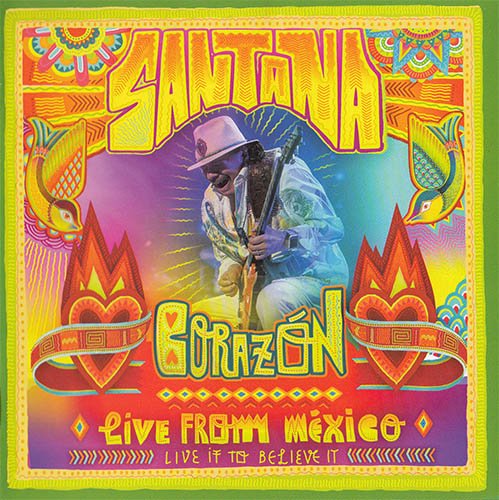
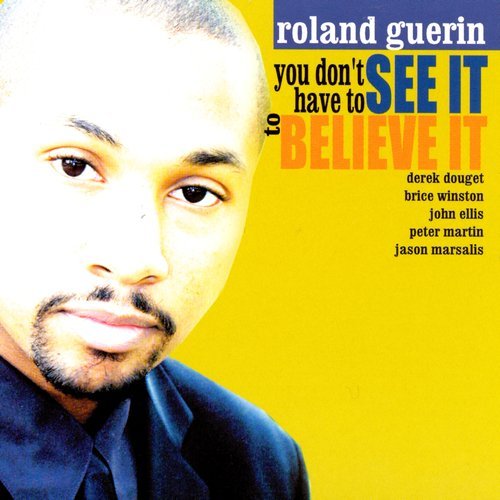
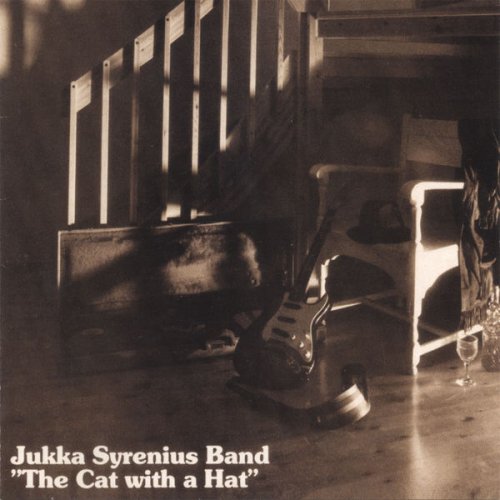
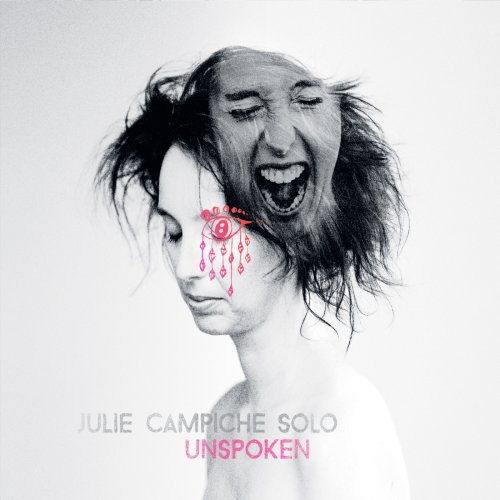
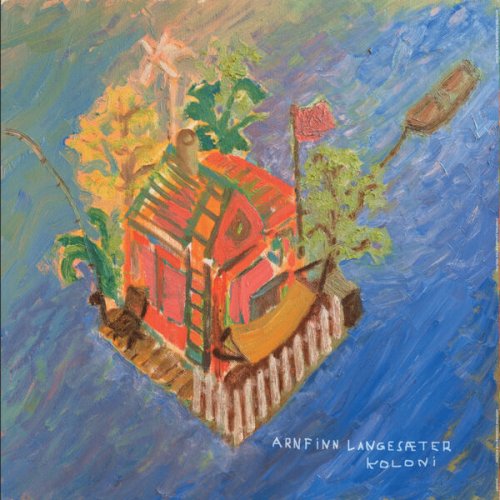
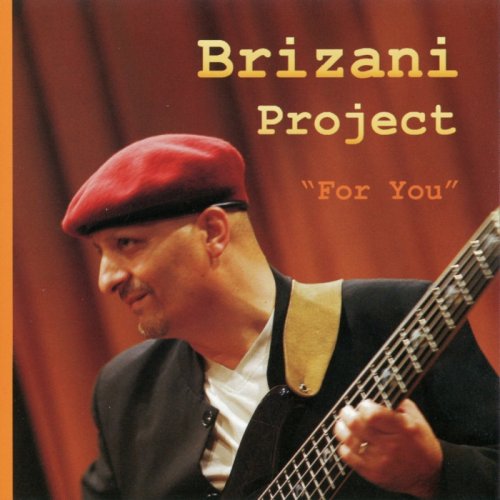
![Martin Fabricius & Chris Lavender - The Speed of Why (2010) [Hi-Res] Martin Fabricius & Chris Lavender - The Speed of Why (2010) [Hi-Res]](https://www.dibpic.com/uploads/posts/2026-02/1771254824_cover.jpg)